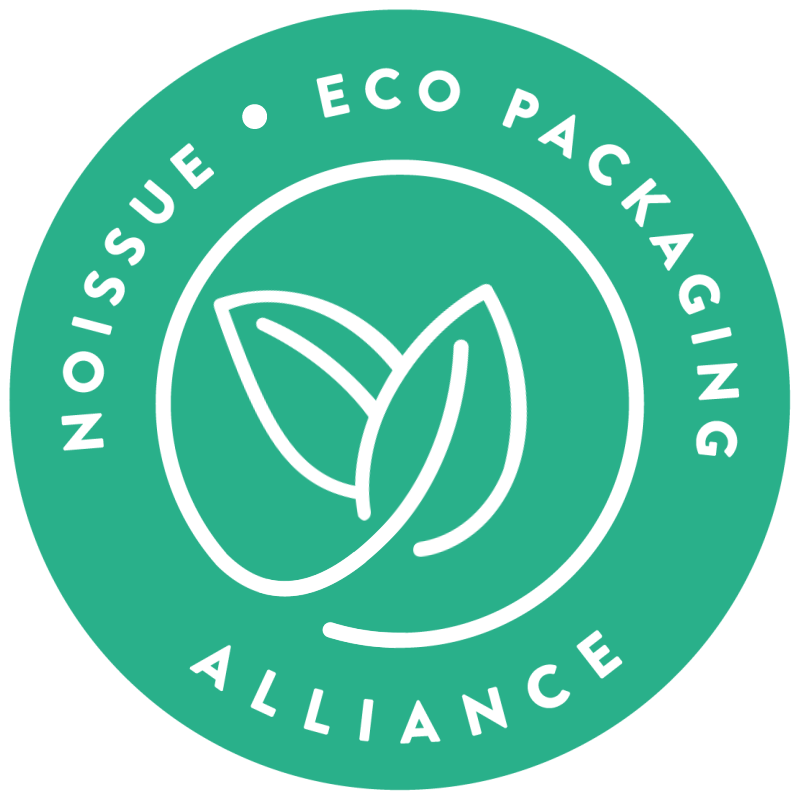The Impact of Greenwashing on Small Sustainable Businesses: How to Address Misleading Environmental Claims
Greenwashing is a term used to describe companies that market their products or services as environmentally friendly, even though they may not be. This can lead to confusion and mistrust among consumers who are looking for genuinely sustainable options. Unfortunately, greenwashing can also have serious consequences for small sustainable businesses that are trying to do the right thing. In this blog post, we will explore greenwashing and its effects on small sustainable businesses.
What is Greenwashing?
Greenwashing is a marketing tactic used by companies to make their products or services seem more environmentally friendly than they actually are. This can be done in a variety of ways, such as using vague or misleading terms like "natural" or "eco-friendly", using images of nature or greenery in advertising, or making exaggerated claims about the environmental benefits of a product.
Why is Greenwashing a Problem?
Greenwashing can be a problem because it can mislead consumers into thinking that a product or service is more sustainable than it actually is. This can lead to frustration and mistrust among consumers, who may feel that they have been tricked into buying something that is not as eco-friendly as they thought.
Greenwashing can also have serious consequences for small sustainable businesses. These businesses may not have the marketing budgets or resources to compete with larger companies that engage in greenwashing. This can make it difficult for them to attract customers who are looking for sustainable options, even if their products or services are genuinely sustainable.
Effects of Greenwashing on Small Sustainable Businesses
Small sustainable businesses that are committed to sustainability may be negatively impacted by greenwashing in a number of ways. For example:
Reduced Customer Trust
Greenwashing can erode customer trust in sustainable businesses, making it harder for them to build a loyal customer base. Customers may be hesitant to support sustainable businesses if they feel that they cannot trust the environmental claims being made.
2. Loss of Competitive Edge
Small sustainable businesses may struggle to compete with larger companies that engage in greenwashing. This can make it difficult for them to differentiate themselves from competitors and attract customers who are looking for truly sustainable options.
3. Increased Costs
Small sustainable businesses may need to invest in additional marketing or certification programs to prove their sustainability credentials. This can be costly and may place an additional burden on small businesses that are already operating on tight budgets.
How Can Small Sustainable Businesses Address Greenwashing?
Small sustainable businesses can take steps to address greenwashing and differentiate themselves from companies that engage in misleading environmental claims. Some strategies include:
Clearly Communicating Sustainability Credentials
Small sustainable businesses should clearly communicate their sustainability credentials, using specific terms and providing evidence to back up their claims. This can help to build trust with customers and differentiate the business from competitors that engage in greenwashing.
2. Participating in Certification Programs
Participating in certification programs can provide small sustainable businesses with third-party validation of their sustainability credentials. This can help to build credibility with customers and provide a competitive advantage.
3. Building a Community of Like-Minded Customers
Small sustainable businesses can build a community of like-minded customers who are committed to sustainability. This can help to create a loyal customer base and provide a competitive edge over companies that engage in greenwashing.
Greenwashing can have serious consequences for small sustainable businesses. These businesses can address greenwashing by clearly communicating their sustainability credentials, participating in certification programs, and building a community of like-minded customers. By taking these steps, small sustainable businesses can differentiate themselves from competitors that engage in misleading environmental claims and build a loyal customer base that values sustainability.



